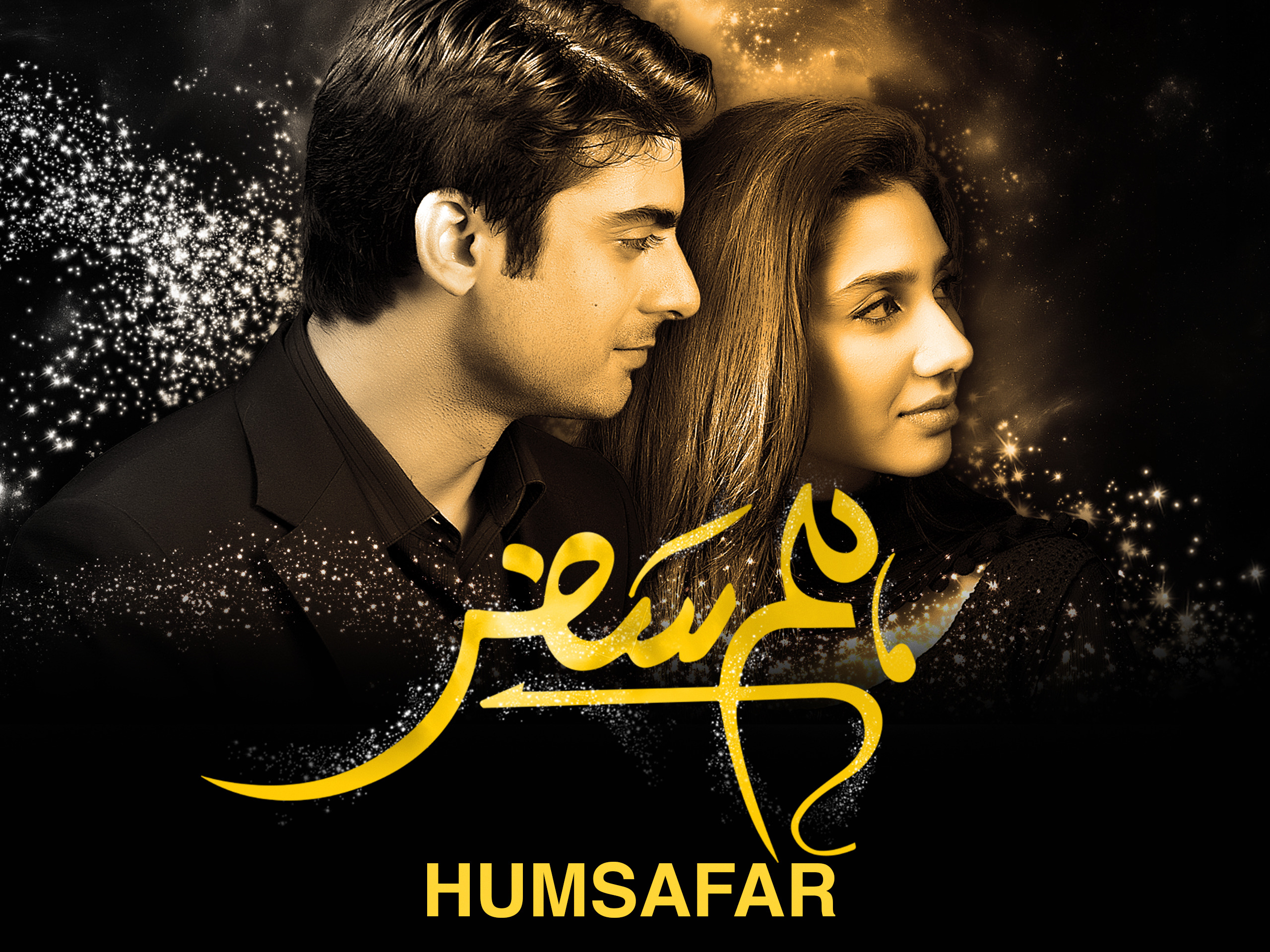Humsafer Drama Review, a Pakistani television drama serial, has captivated audiences with its gripping storyline, compelling characters, and intricate portrayal of human relationships. Directed by Sarmad Sultan Khoosat, this drama has left an indelible mark on the landscape of Pakistani entertainment. In this extensive review, we delve into the depths of “Humsafar,” exploring its cast, timings, ratings, directorial brilliance, and the factors contributing to its unparalleled success.

[ez-toc]
Cast
1. Fawad Khan as Ashar Hussain
2. Mahira Khan as Khirad Ahsaan
3. Naveen Waqar as Sara Ajmal
4. Atiqa Odho as Farida Hussain
5. Behroze Sabzwari as Baseerat Hussain
6. Hina Khawaja Bayat as Zarina Aunty
7. Saba Faisal as Zareena
8. Noor Hassan Rizvi as Khizar
Timings
“Humsafar” initially aired on Hum TV, captivating audiences with its emotionally charged narrative. Its original airing schedule was on Saturdays at 8:00 PM.
Ratings
The ratings of “Humsafar” soared to unprecedented heights, making it one of the most-watched television dramas in the history of Pakistani television. With its engaging storyline, stellar performances, and impeccable direction, “Humsafar” consistently garnered high ratings throughout its run.
Director
Sarmad Sultan Khoosat, the maestro behind “Humsafar,” brought the story to life with his visionary direction. Known for his cinematic brilliance and attention to detail, Khoosat crafted each scene of “Humsafar” with finesse, elevating the drama to a whole new level. His ability to extract powerful performances from the cast and his knack for storytelling were instrumental in making “Humsafar” a monumental success.
Analysis
“Humsafar” revolves around the tumultuous journey of Khirad and Ashar, whose lives intertwine in unexpected ways. Fawad Khan’s portrayal of Ashar, a kind-hearted yet conflicted individual, resonated deeply with audiences, while Mahira Khan’s portrayal of Khirad, a resilient woman navigating through life’s trials, earned her widespread acclaim.
The chemistry between Fawad Khan and Mahira Khan on screen was electric, drawing viewers into their tumultuous relationship fraught with misunderstandings, betrayals, and ultimately, love. The dynamics between the characters were portrayed with such authenticity that audiences found themselves emotionally invested in their plight.
Naveen Waqar’s portrayal of Sara, the antagonist in the story, added another layer of complexity to the narrative. Her character’s manipulative nature and relentless pursuit of Ashar created tension and conflict, driving the storyline forward.
Atiqa Odho and Behroze Sabzwari delivered standout performances as Ashar’s parents, adding depth and gravitas to their roles. Their characters’ struggles with societal expectations and family dynamics added another dimension to the narrative, highlighting the intricacies of Pakistani culture and tradition.
The supporting cast, including Hina Khawaja Bayat, Saba Faisal, and Noor Hassan Rizvi, also made significant contributions to the overall impact of “Humsafar.” Their nuanced performances enriched the storytelling, making the drama a riveting watch from start to finish..
The success of “Humsafar” can also be attributed to its compelling storyline, which resonated with audiences across generations. At its core, the drama explores timeless themes such as love, betrayal, redemption, and forgiveness, making it relatable to viewers from all walks of life. The palpable chemistry between the lead characters, coupled with the series’ rich cultural backdrop, created a viewing experience that left a lasting impression on audiences.
Conclusion
In conclusion, “Humsafar” stands as a testament to the power of exceptional storytelling and brilliant craftsmanship. From its stellar cast to its visionary director, every element of the drama came together seamlessly to create a masterpiece that continues to enchant audiences to this day. As one of the most iconic television dramas in Pakistani history, “Humsafar” has left an indelible mark on the hearts and minds of viewers, solidifying its place in the annals of entertainment history.



